BBC Films 25th anniversary: An interview with Christine Langan
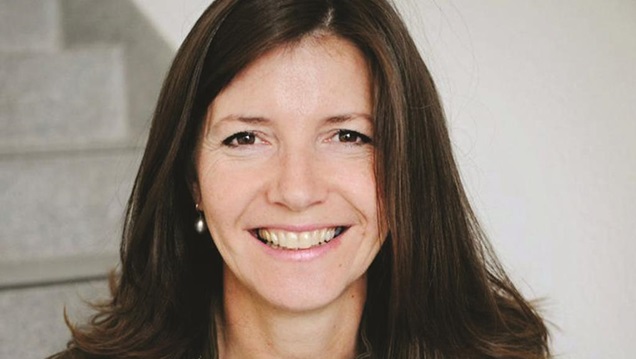
Over the last couple of decades, British cinema has seen a massive increase in popularity, especially overseas. One of the institutions leading the way is the BBC. As BBC Films prepares to celebrate its 25th anniversary, the woman in charge, Head of BBC Films Christine Langan, talks to The Upcoming about what it’s like being in a top position in the British film industry right now.
BBC Films is reaching an exciting point, celebrating its 25th anniversary. What has it been like to work within such an important British filmmaking institution?
Christine Langan: It’s been extraordinary, stimulating, frustrating, illuminating and educative. I found myself at the centre of filmmaking in the UK and it’s been a privilege. I’ve both learnt a lot and got a lot left to learn because the industry is so large and complex that just as you begin to grasp something, you’re only just peeling back the surface. Just as you get a handle on it, the business changes, the technology changes, people move and contacts change. It’s very hectic! I’m just really lucky to have a family to go home to, so I can try and forget about it sometimes.
So, it’s a good idea to keep your work life and personal life separate in this industry?
CL: It’s tough to do that. There are a lot of people I know whose whole life this is, and you can see how that can happen. Mainly because it is so absorbing. It really sucks time and energy, but it is very interesting.
You started your producing career quite soon after graduating from university. Was television and film an industry that you always wanted to join or was it a happy accident?
CL: Well, it didn’t feel like it was that soon, to be honest, because I left university in 1987. Then, I really had no contacts or any idea of how film and television actually worked. I found myself getting involved in advertising and I then became a copywriter, so I had what would be deemed a solid job, if that was the field you wanted to be in but it wasn’t for me. This made me so frustrated for a long time.
After that, I was lucky to get a job as Tessa Ross’ assistant. At the time, she worked for the British Screen, a sort of forerunner to the British Film Institute and it involved me taking a big cut in salary, which was peanuts at the time but became half nuts! I remember my mother saying “what on earth are you doing?”, and I used to say to her “you don’t understand, this industry is so tough to break into, I’m going to have to do something radical!” And it was one of the best things I ever did because it committed me to a direction.
From there I moved to Manchester to work for Granada. I met so many amazing people there, so many writers. I really learnt a lot about their job, how they work and about the production process. For around three or four years, I felt out of the loop and stagnant, and it felt like I would never get there.
I think a lot of writers understand that frustration. Especially those on the outskirts of the industry, constantly trying to break in.
CL: Frustration is like the middle name here. I also had so many rejections letters! At first they hurt a lot but I got thick skinned. There were times that I felt like I could paper my bedroom wall with rejection letters. I was applying for all sorts of things, whether it was in casting or being an agent, I was just trying to find a way in.
BBC Films is arguably at the top of its game – what do you think this says about the current place of British film in the industry?
CL: The thing about film is that it keeps on changing and evolving. It’s like a living, breaking organism, so you have to be really careful not to get complacent or stop being hungry for success. The challenge for us is staying ambitious, staying hungry and staying focused. The minute you have one film going out, you have to think about the next one and how we can move that film forward. It’s both promising and challenging.
As the latest rounds of awards have shown, British film is standing up against fierce competition from Hollywood. Why do you think British actors and films are so popular right now?
CL: What you tend to hear is British actors are very hardworking and well trained; British drama schools are very good training grounds. Sometimes I wonder if Americans do have a bit of a deep seated respect for the “old country”, so to speak, and maybe there is an exotic quality in a British actor. I think, generally, a lot of our actors are phenomenal mimics and take on an accent with tremendous accuracy. Their commitment to their work comes through in everything they do.
With a strong line up of future releases, what do you think the future holds for the next 25 years of film for the BBC?
CL: I’m just trying to get through this year, and sometimes just taking each day as it comes. I think you need to be flexible to changes in the market, to new technologies and how it affects how we watch films. So, I hope we will still have a BBC, I hope BBC Films will still be alive and kicking and will still be nurturing the creative talent in this country.
For future British filmmakers, writers and producers, what advice would you give them on succeeding in the industry?
CL: Keep pursuing your goal and never give up. With enough perseverance and hard work, you can make the doors of this industry open for you.
Amaliah Sara Marmon-Halm
For further information about BBC Films and upcoming releases visit here.

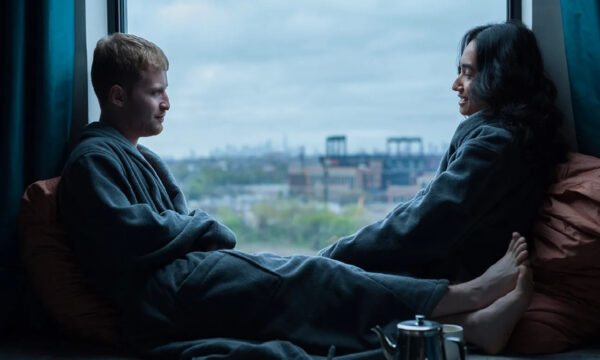

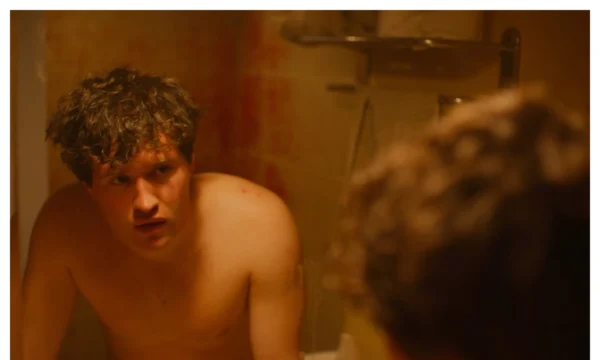

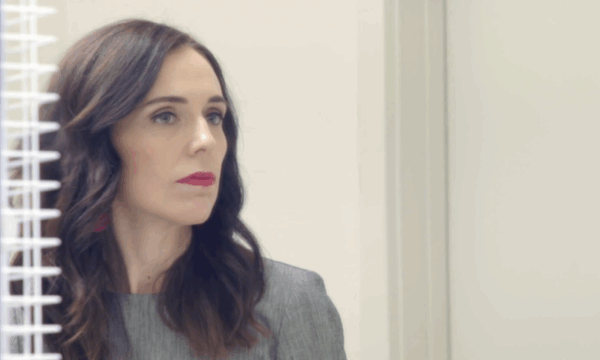
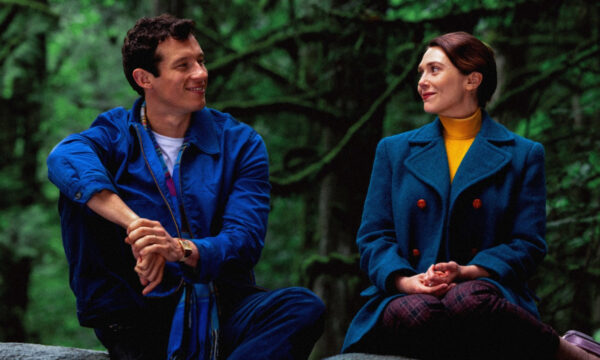

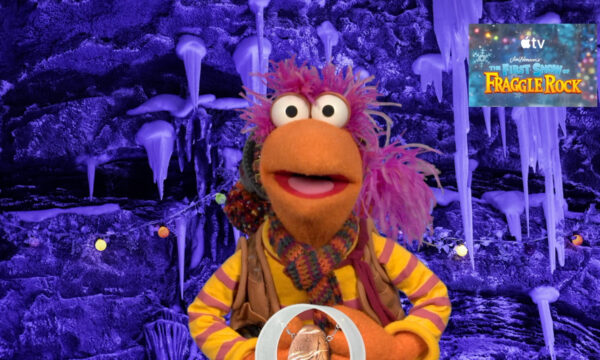















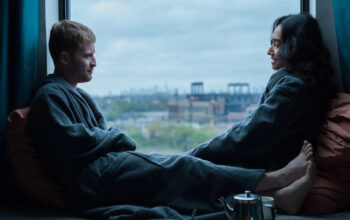
Facebook
Twitter
Instagram
YouTube
RSS